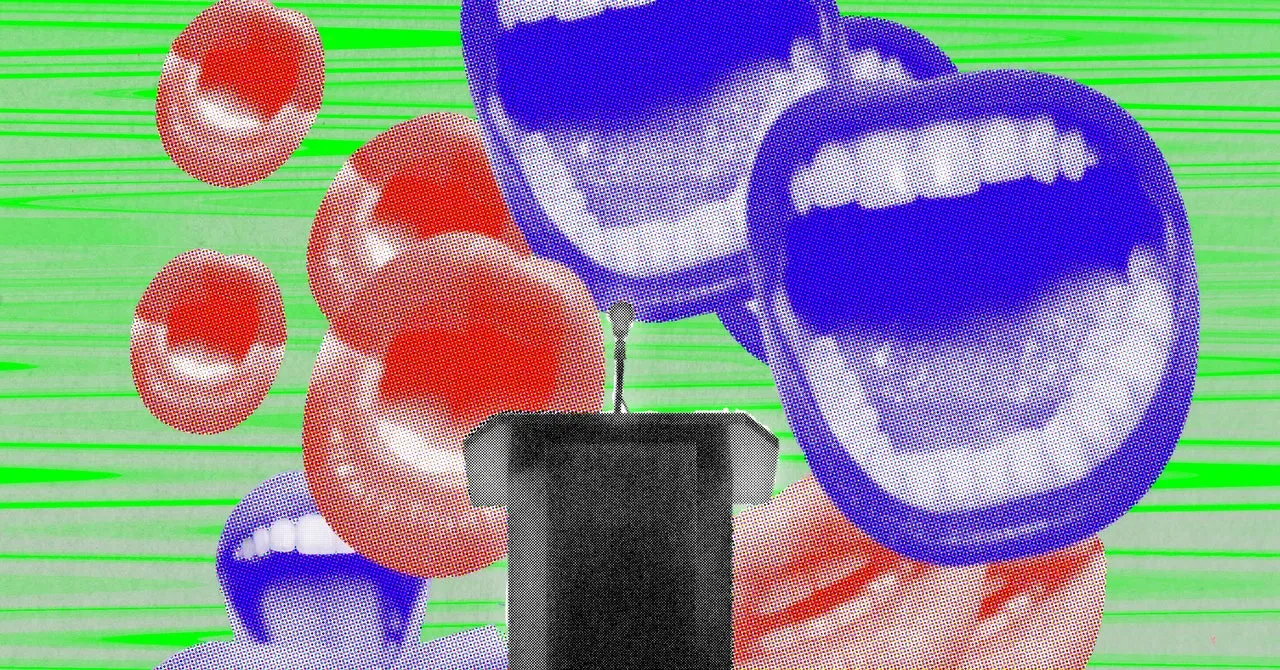Artificial Intelligence and Elections: The Struggle to Detect AI-Generated Content

Artificial Intelligence's Impact on Elections
Artificial intelligence has been transforming how we perceive media, especially during elections. AI-generated content, like the recent manipulated images linked to Donald Trump, showcases how far-reaching this technology's influence is. However, distinguishing genuine content from AI-fabricated elements presents a daunting challenge, particularly in underrepresented regions.
Challenges in AI-Fakes Detection
- AI detection tools often exhibit biases, performing poorly on non-Western datasets.
- Tools are primarily designed for English language content, leading to inaccuracies with diverse languages.
- Lower-quality media, common in the Global South, confounds existing AI detection models.
The Need for Inclusive Solutions
To effectively combat misinformation, a re-evaluation of data sources and model training is essential. Initiatives must emphasize local knowledge and inclusive training datasets to address disparities in AI media recognition.
This article was prepared using information from open sources in accordance with the principles of Ethical Policy. The editorial team is not responsible for absolute accuracy, as it relies on data from the sources referenced.